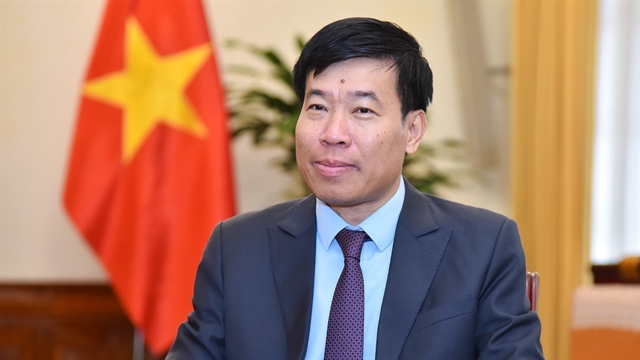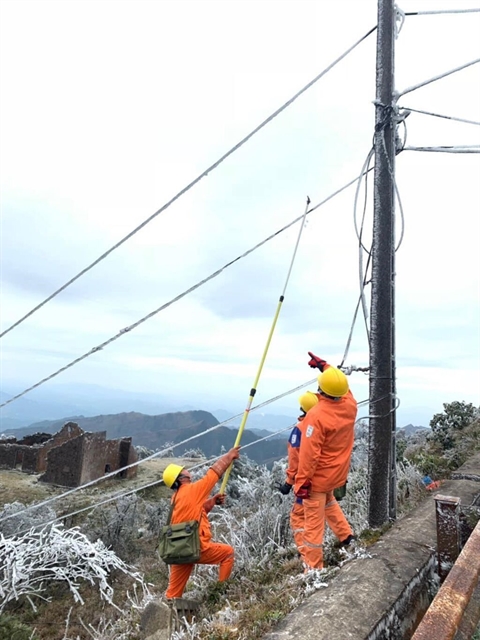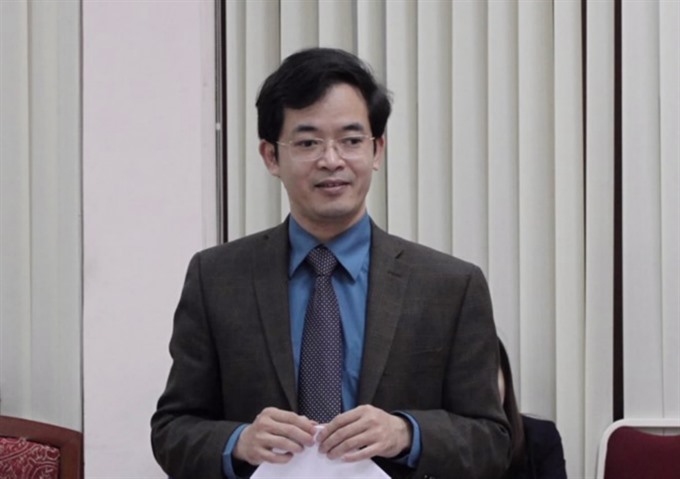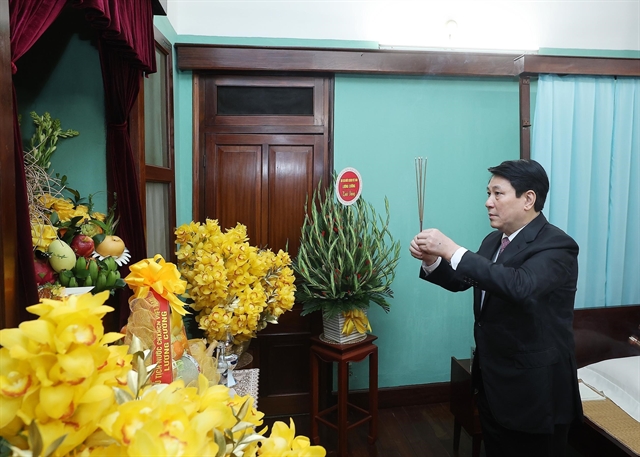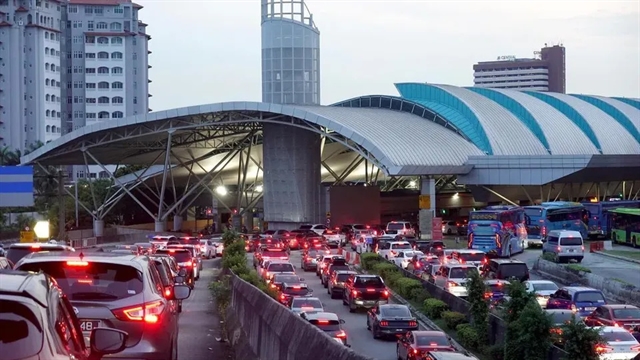
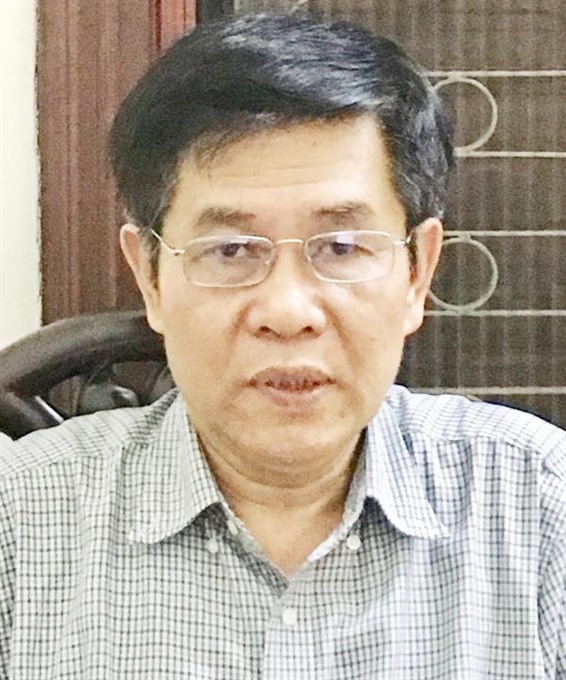 |
| Lê Văn Tăng |
Lê Văn Tăng, former director general the Tender Management Departement under the Ministry of Planning and Investment, speaks to the Hải Quan (Customs) newspaper about the need to change the management of PPP projects.
Public-Private Partnership projects have been implemented in Việt Nam for more than a decade. Do you think there will be a chance for other forms of partnership in our country?
The Build-Operate-Transfer (BOT) mode has also become popular. However, even though the PPP method was introduced more than a decade ago, until now the legal documents relating to such projects have not been completed.
Many projects in the form of PPP have achieved certain successes. However, the poor concept knowledge of a PPP project by many people has become a loophole for some members of project management to abuse their power for their own benefits.
More recently, BOT projects’ toll has become very high. However, in my own opinion, BOT itself has no inherent faults. What should be blamed are people who have tried to use a loophole in the process for their own benefits. Other project forms, such as BT (Build and Transfer), in my own opinion, contains more risks than BOT.
Why do you have more worries about BT projects than BOT projects?
The reason is very simple. BT projects are not subjectet to supervision by the public. It only has the relationship between investors and the Government for check-ups. If the principles of transparency and accountability are not done properly, corruption will have a chance to rear its head.
In Việt Nam, which is facing budget difficulties, public debt is rising so what should we do to attract investors in infrastructure? Should we develop a separate law for PPP?
The 2013 Law on Tendering has devoted a Chapter to PPP. I agree that it is time for us to review the 2013 law and to make it suitable to the country’s current situation. However, in my opinion, the current law is OK, but the problem is its implementation and Government agencies’ interpretation of PPP projects. They should be pro-active in looking for project funding, not waiting for the State budget. In addition, they should also change their concept on the State’s responsibility and the civil servants’ responsibility.
In reality, most Vietnamese investors in BT or BOT projects were contractors at the start of their business and then became investors. In other words they play two roles in a BT or BOT project. Such a practice has failed to create a competitive market. As in real life, competitiveness will create breakthroughs, creativity and opportunities to come up with optimal solutions. So if investors don’t have experiences in cost calculation and management in the whole project cycle, it will have negative effects on the project.
Another big barrier is a project’s capital funding. Most Vietnamese contractors and investors don’t have large capital and they have to borrow money from banks or other financial institutions. Meanwhile, Vietnamese banks are not familiar with the long-term lending practice of 20 or 30 years or even longer in a BT/BOT project.
Vietnamese are used to the concept that public projects are for the general public to use without any charge or fee. But now many public projects are built by the contractors’ money, not Government money. So when they use them they have to pay fees/charge. In other words, if the fees/charges they have to pay for are worth the money, they will be happy.
Do we have to change people’s thinking about PPP projects?
First of all in PPP projects, the role of the State should focus on overseeing the final products or the outcome instead of focusing on the management of the input factors as what have been done in traditional public investment projects.
A key objective of the Government in having a PPP project is to create essential public services for society. That’s why, in PPP projects, the Government should focus on project management and giving support to the private sector in the implementation of project contracts to ensure outputs are of high quality.
The birth of PPP projects also requires us to revise our legal documents, particularly those relating to capital lending terms, project appraisal document and others.
Last but not least, in a PPP project, an investor can play two roles - as the investor and the contractor - if they are good at both. If not, they should hire a capable contractor to undertake the construction jobs. - VNS

